[youtube https://www.youtube.com/watch?v=0JpmvtPXQR4] Brandon Hardesty has appropriately answered YouTube yanking (or disabling) dozens of “Downfall” parodies. Brandon recreated the “Hitler Bunker” scene for all those people looking to make their own “Downfall” parody. You can laugh at […]
Category: Pulp Media
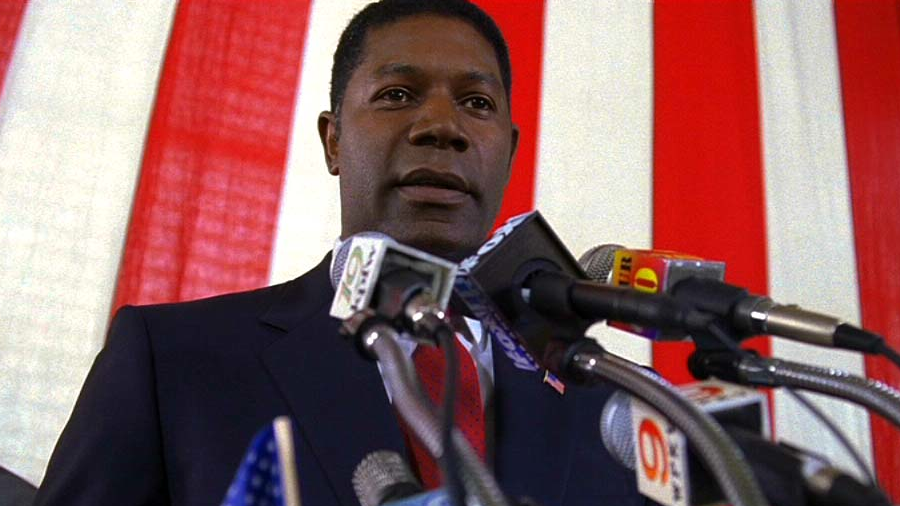
Did ’24’ Help Elect a President?
It’s a question I’ve pondered for some time, and I’m inclined to answer affirmative. The subliminal cultural impact of television is too easily overlooked, although the New York Times took a politically charged look in March 26 story “For ‘24,’ Terror Fight (and Series) Nears End“. The Times’ perspective is different than one I present here, but worth noting for what’s there and what is not.
Hollywood is Faker Than You Think
[youtube http://www.youtube.com/watch?v=clnozSXyF4k] Whoa, is anything real anymore? This Stargate Studios short shows how much Hollywood studios use computer-generated graphics to fill in locations or to fake them. What? You thought Jack Bauer was in Washington? He […]
Sick NBC Has 'Conan Fever'
There’s a collective scorn for the way that NBC has so openly pooped on its audience like Triumph the Insult Dog: replacing its 10 p.m. lineup with five nights of cheap, clunky Jay Leno shows […]
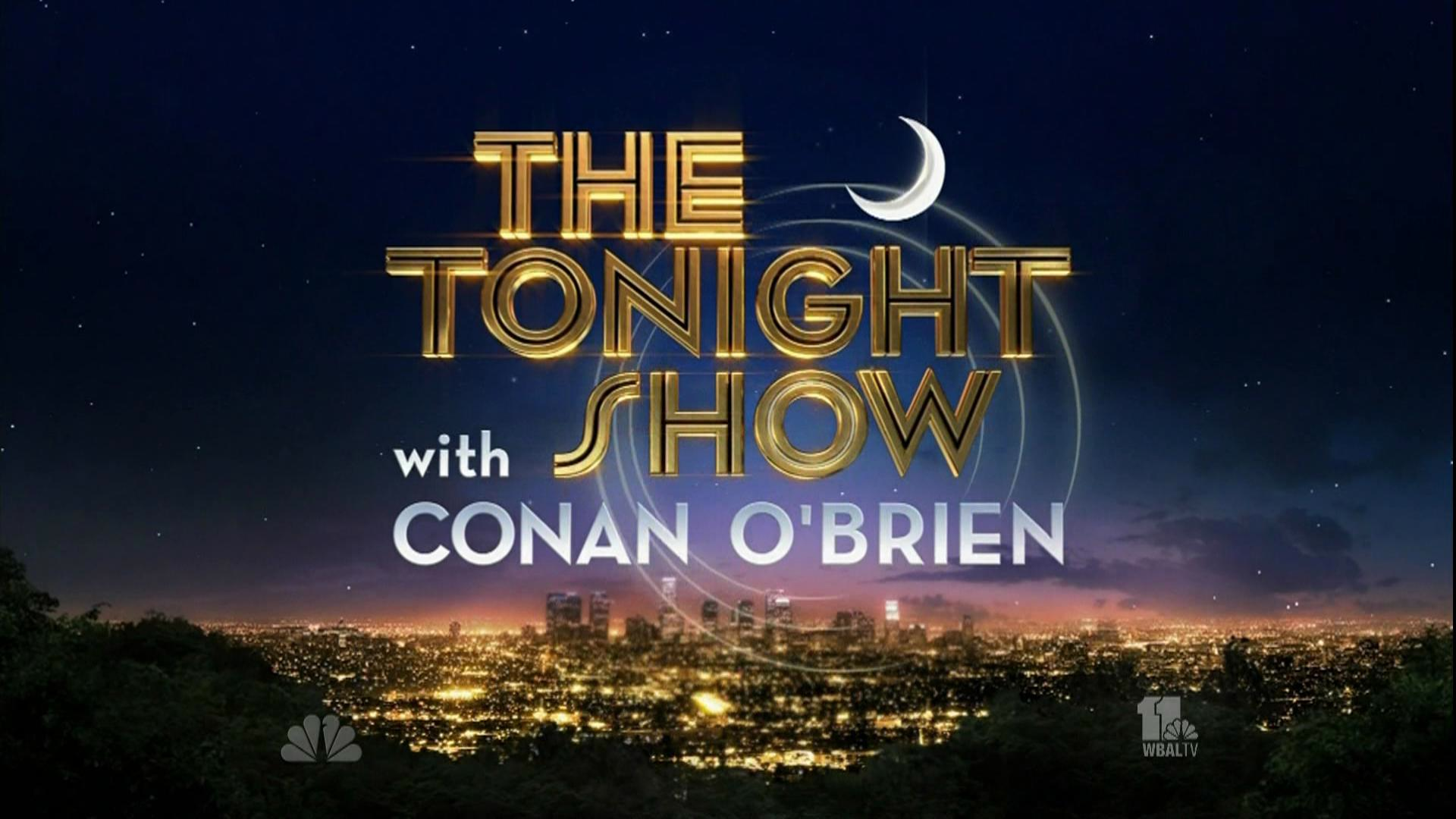
I’m With Coco
Conan O’Brien may not last much longer as Tonight Show host, but he has my support. Even if he loses his job, Conan will be a winner. Say, can Conan collect unemployment? Now there would […]

Conan O’Brien Should Out-Fox NBC
NBC’s reasoning for bringing back Jay Leno to late-night TV is baffling. I now understand why TV programming is rife with dumb-ass decisions: The people making them.
Here’s the basic story: Last year, Conan O’Brien replaced Jay Leno as host of the Tonight Show as planned. But then NBC gave Leno his own show at 10 p.m., preempting Conan by 95 minutes, five nights a week. NBC figured Leno could carry the timeslot, saving boatloads of money otherwise spent on producing dramatic programming. Whoops, Leno couldn’t deliver the ratings, and NBC affiliates complained they were losing local news viewers at 11 p.m. The solution isn’t rocket science: Can Leno.
The Story Carl Rytterfalk’s Camera Tells
[youtube http://www.youtube.com/watch?v=1-W2Ia9tar8]
Before there was Twitter or before Facebook gained popularity, I followed people online directly through their Websites or RSS feeds. I’ve long favored personal blogs over professional news sites. The best stories are told by and are about people.
Fast forward five years, people are what make the social Web work so well, and why my profession, journalism, is in state of chaos. Why read something filtered by a reporter/editor when the single, or even crowd, source is available? Interaction is more personal and direct.
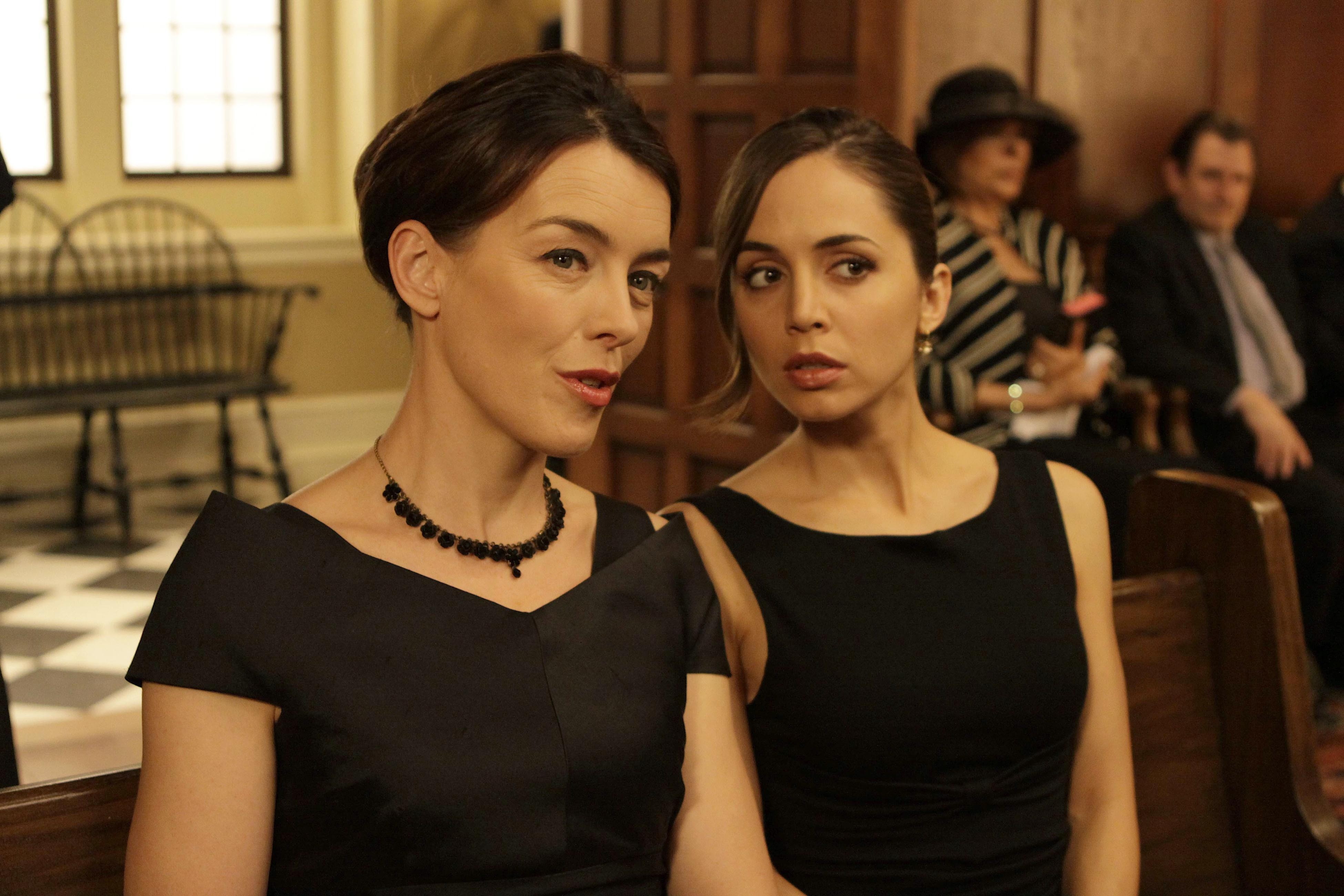
Are You a Doll?
In 1978, new wave band Devo asked “Are we not men?” The name Devo comes from de-evolution, the idea that humans perhaps are going backwards, not forwards. I’ve been thinking more about this concept with respect to entertainment and marketing after watching a Fox Network TV show.
I won’t chart any new philosophical ground in this post. But, hey, it’s end of summer, online traffic lulls and I’m feeling philosophical.
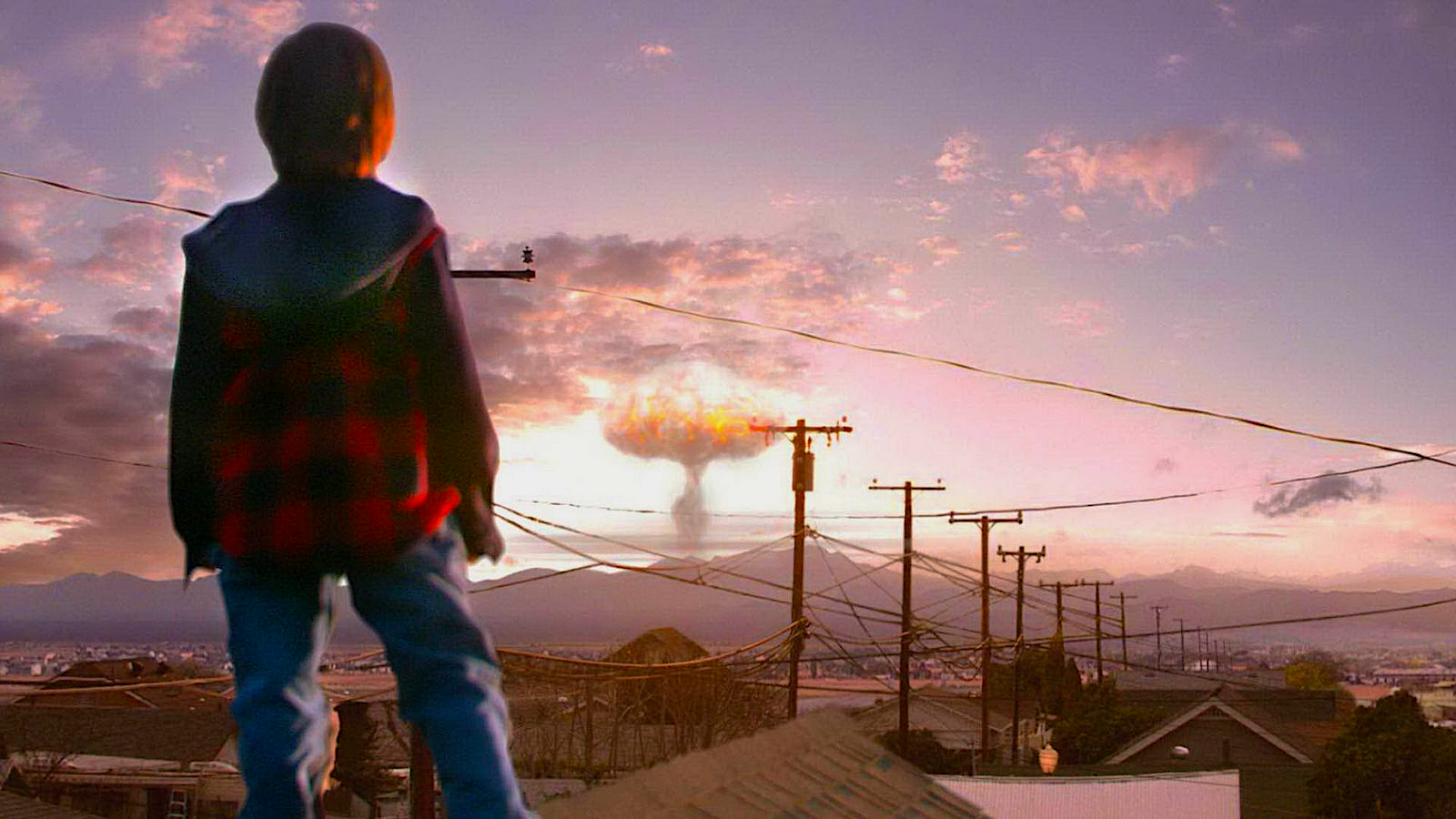
The Battle of Jericho
Okay, I’m hooked. Few days back, I downloaded the full season of “Jericho“, the end of America saga, where terrorists nuke 23 cities, which include Atlanta, Baltimore, Boston, Chicago, Denver, Detroit, Kansas City, Lawrence, Los Angeles, San Diego, San Francisco, Seattle, Tucson, and Washington, D.C. I had heard rumors about the apocalyptic drama, but I watch little network TV and no CBS programing. I think of CBS as the old folks network.
“Jericho” is unusually good TV drama, similar caliber and mystery-driven format as “Battlestar Galactica” or “Lost”. The show deserves much more viewership than in its dismal ratings.
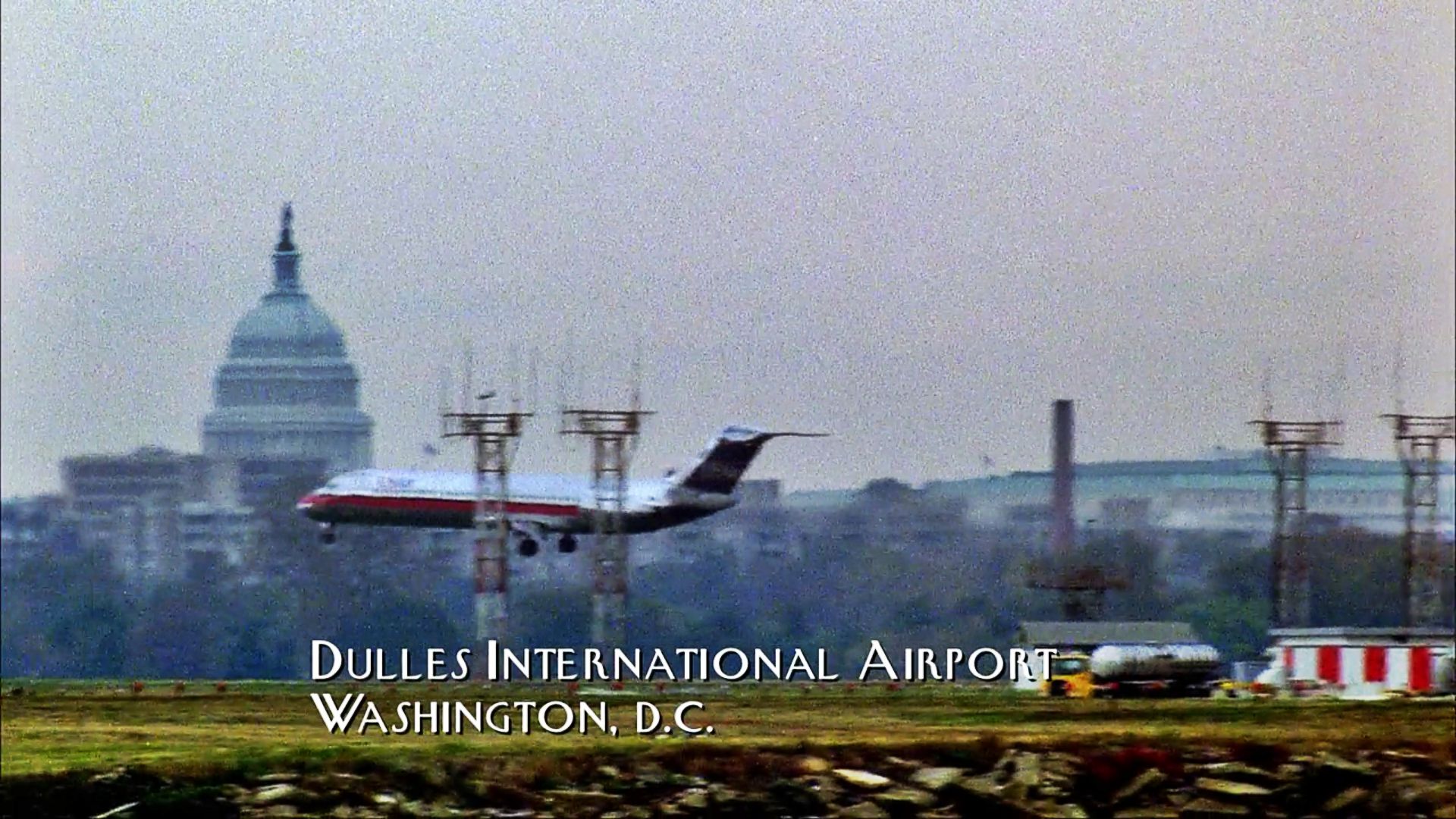
License, Stupidity, or Politics?
It is nitpicking time for the bone pickers. Last night, the DVR recorded the pilot episode of “Bones,” which was telecast for no reason I can guess; it’s an old episode. I hadn’t seen the first, which shocked from the opening sequence. Anyone from Washington should know that the airport above couldn’t possibly be Dulles. The identified airport isn’t in Washington but Virginia—in, duh, Dulles—and absolutely nowhere close to the U.S. Capitol. About 30 miles distance separates runways and the domed government building.
The view above would fit for Reagan National Airport. No doubt it is that airport. So, why does “Bones” kick off with such a glaring mistake? I make a big deal out of this for two reasons: The show is all about brainiac forensic anthropologists who live and breathe minute details; the setting is Washington, D.C. For either or both reasons, “Bones” should get the airport right.

The Corporation
End of last week, I watched a startling documentary, which resonated well with some suspicions I already had. Staunch capitalists probably wouldn’t be moved by “The Corporation“, although hard-core liberals or even communists might delight in the documentary.
My response is neither political nor economic, but rooted in my sense of right, which in part defines good as putting the wellbeing of others above oneself. People or organizations that prosper by harming others do wrong. Many societies recognize cannibalism as wrong, yet those same peoples often do not recognize as wrong another kind of cannibalism: The consumption (or sacrifice) of one person’s livelihood or well being to support another person, group or organization.
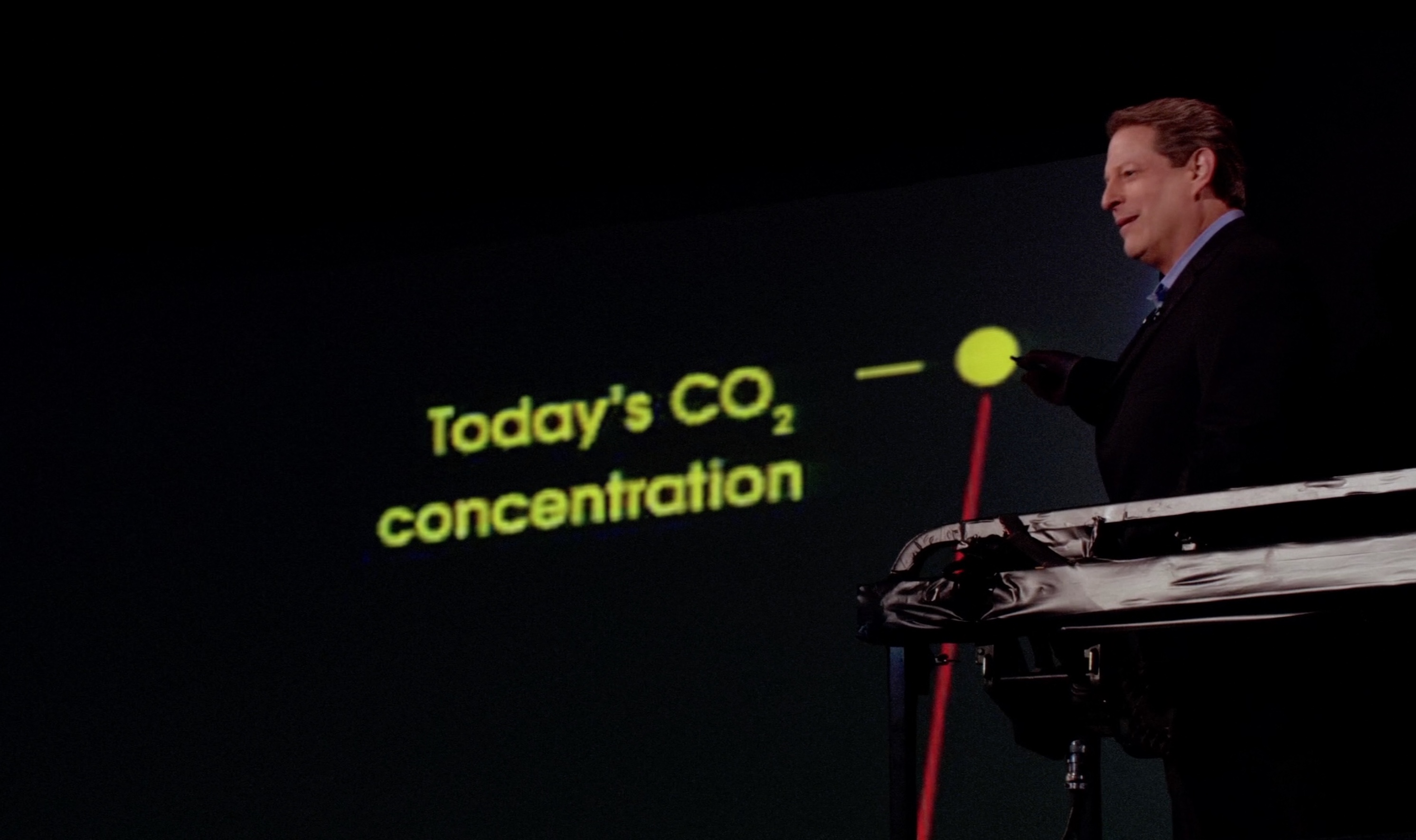
An Inconvenient Theory
Earlier today, my daughter and I watched “An Inconvenient Truth” at the AFI Silver Theatre, which likely is the best movie house in the Washington area. A harsh critic of the science behind global warming, I hoped that maybe the film would live up to its hype. No way. For people predisposed to the idea of global warming, the film probably would be moving. The movie did affect my thinking, nevertheless (I’ll explain how in a few paragraphs).
Here’s what I most liked: Former Vice President Al Gore relied more on historical data to make his point than use forward-looking forecasts. Oh, I hate computer modeling for proving climate change. The major reason I’m so critical of global warming theory is bad science. There are too many assumptions and too little reliable data to develop reliable forecast models. In best-case scenario, the computer models are only as good as the data put into them.